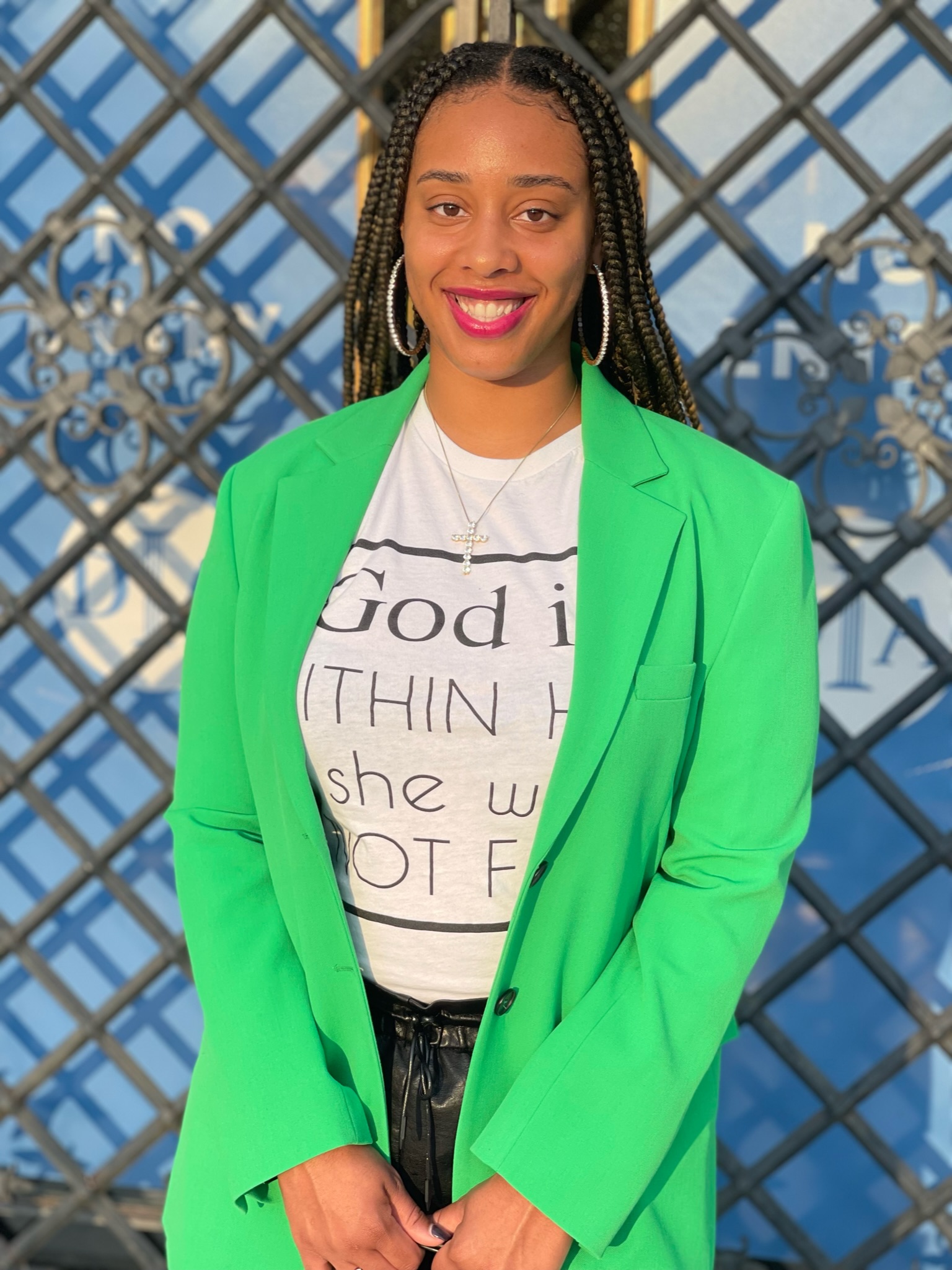We were lucky to catch up with Lauren Slade recently and have shared our conversation below.
Alright, Lauren thanks for taking the time to share your stories and insights with us today. Can you talk to us about serving the underserved.
Our work at Arukah is deeply rooted in serving underserved families in Detroit—specifically in neighborhoods like Dexter-Linwood, Riverdale, Outer Drive-Hayes, Fitzgerald, and Brightmoor—where resources like nourishing food, health education, and holistic support are often out of reach. Our mission is to empower families and create thriving neighborhoods by taking a holistic approach to healing—addressing physical, mental, and financial health.
Our Nourish Detroit program focuses on restoring the physical health of families in Detroit and directly addresses nutritious food insecurity. We believe that for a family to truly be healthy, they must thrive in all three areas: physically, mentally, and financially. When one area is lacking, it often affects the others. For example, someone living with a chronic disease may struggle not only with their physical health but also with the emotional stress of managing that illness and the financial burden of medications, appointments, and missed work. That’s why Arukah’s model supports the full picture of family wellness.
Through Nourish Detroit, families partner with our Plant-Based Nutrition & Lifestyle Coach, Milan S. Robinson, to make meaningful, lasting changes to their diets and daily habits. One mother shared that her family’s diet was once filled with sugar and refined carbs—but she made the decision to reclaim their health, and we’ve equipped her with the tools to do just that.
As part of the program, families receive nutrient-dense grocery packages—made possible through partnerships with stores like Trader Joe’s—giving them access to high-quality, healing foods that are often unaffordable or unavailable in their communities. Alongside these groceries, families participate in monthly cooking classes that teach them how to prepare nutritious, delicious meals.
They also engage in hands-on gardening workshops in collaboration with Red Flower Growers and the Michigan State University Detroit Partnership for Food, Learning, and Innovation (DPFLI). These workshops empower families to grow their own food at the DPFLI farm, helping them connect the full cycle of wellness: growing, harvesting, and cooking fresh produce.To encourage long-term transformation, families take part in movement and nutrition challenges that reinforce practical wellness habits—like reading food labels, using food as medicine, cooking together, staying physically active, and understanding the health risks tied to the standard American diet. Through our holistic, community-centered approach, we help families take back their health, break generational cycles of poor nutrition, and build a future where their children can truly thrive.
In the near future, we will launch mindset workshops focused on restoring mental health, financial literacy classes to empower families with the tools to manage and grow their resources, and access to certification opportunities that help families restore their financial health and create long-term stability.
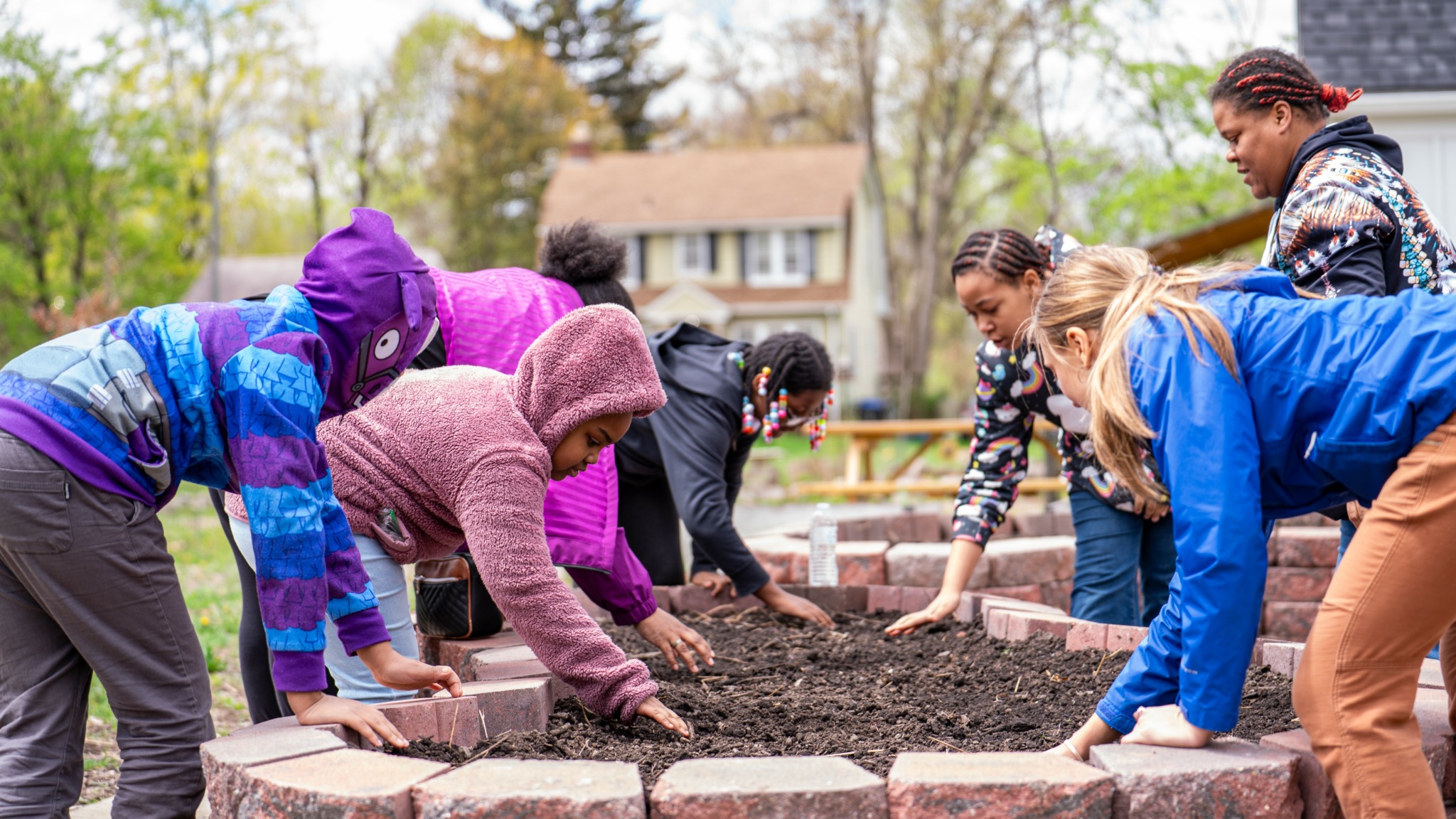
Awesome – so before we get into the rest of our questions, can you briefly introduce yourself to our readers.
My name is Lauren Slade, and I am the founder of Arukah, a name that means healing and restoration in Hebrew. Our work at Arukah is rooted in restoring the physical, mental, and financial well-being of families in Detroit. We believe that when families thrive, entire communities thrive—and that belief drives everything we do.
I’ve always had a heart to serve. From mentoring freshmen in high school and volunteering at food drives to leading small groups at church, I’ve always felt called to walk alongside others as they grow into who God created them to be. I was raised in a close-knit family that consistently showed up for one another, and that support shaped my belief in the power of community. I’ve helped friends bring the visions God placed on their hearts to life—whether launching a business, stepping into ministry, or simply embracing a new season with faith. That same heart for service and purpose is what gave birth to Arukah. I wanted to build a space that could be the village for families who don’t have one—a place where people are empowered to heal, grow, and thrive with support, resources, and love surrounding them every step of the way.
Through Arukah, we offer holistic, community-centered programming that empowers families to restore their lives from the inside out. Our work addresses three core areas of family health: mental, physical, and financial. While we currently focus on physical health through cooking classes, gardening workshops, and by working with our Plant-Based Nutrition & Lifestyle Coach, we are actively building out our mindset workshops and financial literacy classes to launch in the near future. These additions will help families restore their mental and financial health—giving them the tools to shift limiting beliefs, manage stress, budget confidently, and build long-term stability.
What makes Arukah different is our commitment to doing life together. We don’t just offer programs—we build community. Families support one another, celebrate wins together, and walk through challenges side by side. Our community uplifts each other as they grow, heal, and create healthier futures for themselves and their children.
One of the things I’m most proud of is the way our families show up for themselves every day. I think of a mother of five whose car was down for a while—but that didn’t stop her. She got all of her children on the bus just to make sure they could attend our gardening and nutrition workshops. Her commitment reflects the determination we see across our families: the desire to break generational cycles, to learn, to grow, and to do better for the next generation. That’s why we show up for them daily—because they’re showing up, too.
At Arukah, we’re not just addressing surface-level issues—we’re helping families get to the root of what’s holding them back and giving them the tools to heal and move forward. Whether it’s restoring health, preparing for financial independence, or building a stronger mindset, our work is about creating lasting change. And we do it together—with God at the center and community all around.
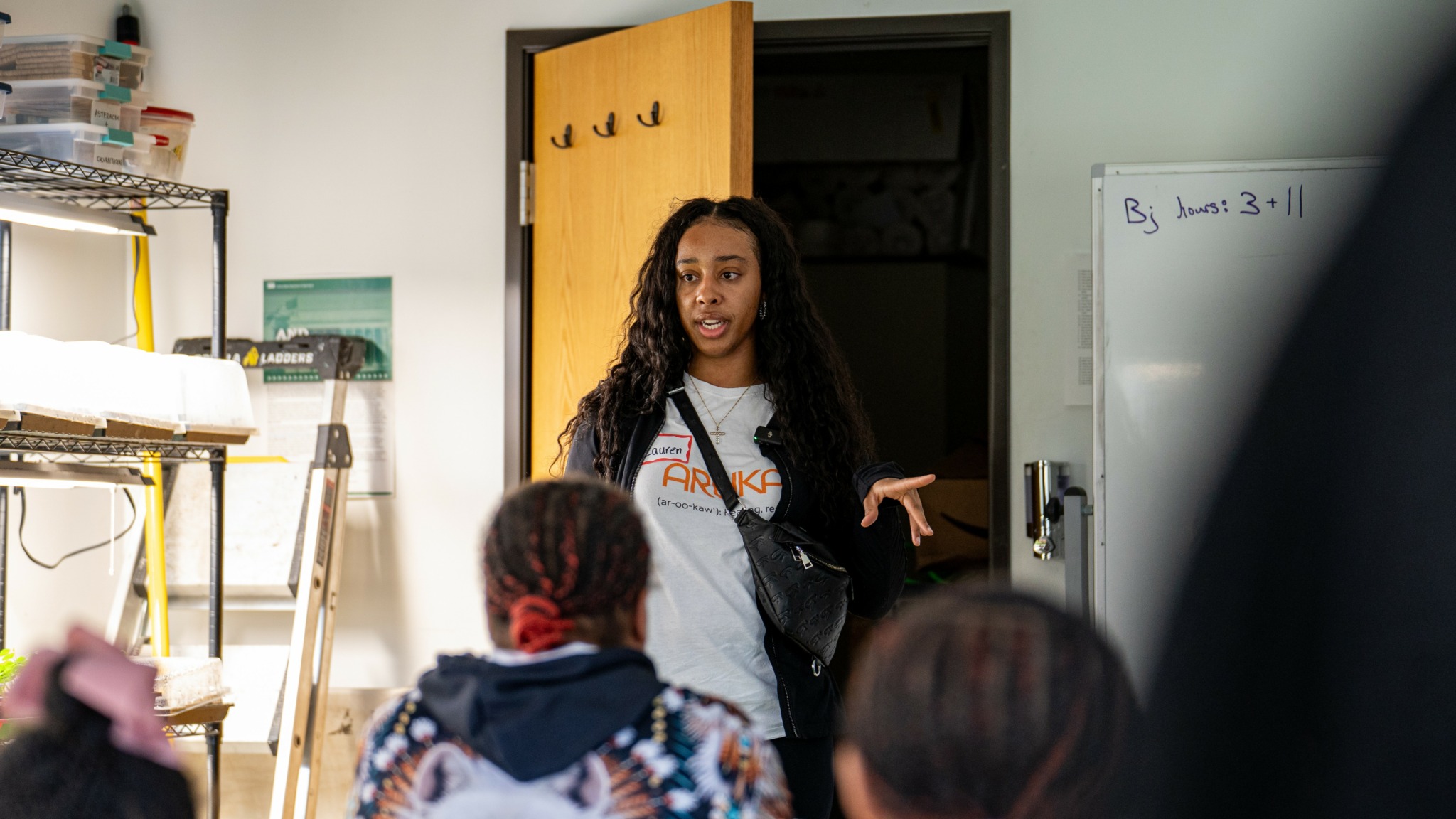
Let’s talk about resilience next – do you have a story you can share with us?
The road hasn’t been easy. One of the greatest challenges I’ve faced on this journey has been believing—truly holding onto the faith that what God promised me will come to pass for our families, even when everything around me seems to say otherwise. So much of what I believe doesn’t always match what I see, and learning to walk by faith and not by sight is something I have to intentionally practice every single day.
There have been moments when I’ve reached out to organizations for support or partnerships and been turned away. Those rejections can be discouraging, especially when you’re trying to build something that’s rooted in love and community. But I’ve learned that resilience isn’t about never being disappointed—it’s about not letting the disappointment stop you. Even in the face of setbacks, I remind myself why I started. I think about the families we serve. If I stop, I’m not just walking away from a dream—I’m walking away from them. And that’s not an option.
As the founder of a small nonprofit, I wear many hats. I work on Arukah almost every day—while also maintaining a full-time 9-to-5 job. Much of the work falls on a small team, which means I have to lead with clarity, communicate the vision, empower others to carry it out, and still manage daily operations, relationship-building, and long-term planning. It’s hard work. And there are days when I feel exhausted, when life is heavy, or when I just don’t feel like pushing forward.
But even in those moments, I’ve learned to rest without quitting. I’ve had to prioritize my own mental and emotional health, take care of myself, and do the very things I encourage our families to do.
Staying consistent—even when it’s hard—is another way I’ve had to build resilience. I push through because I know lives are being changed through Arukah. And every small win—every parent who starts cooking healthier, every child who feels more supported, every family who begins to heal—reminds me that the fight is worth it.I’m also incredibly grateful for our partners. Their belief in the mission, their time, and their energy keep us going. Arukah wouldn’t be what it is without them. Their support reminds me that I’m not doing this alone, and for that, I’m deeply thankful.
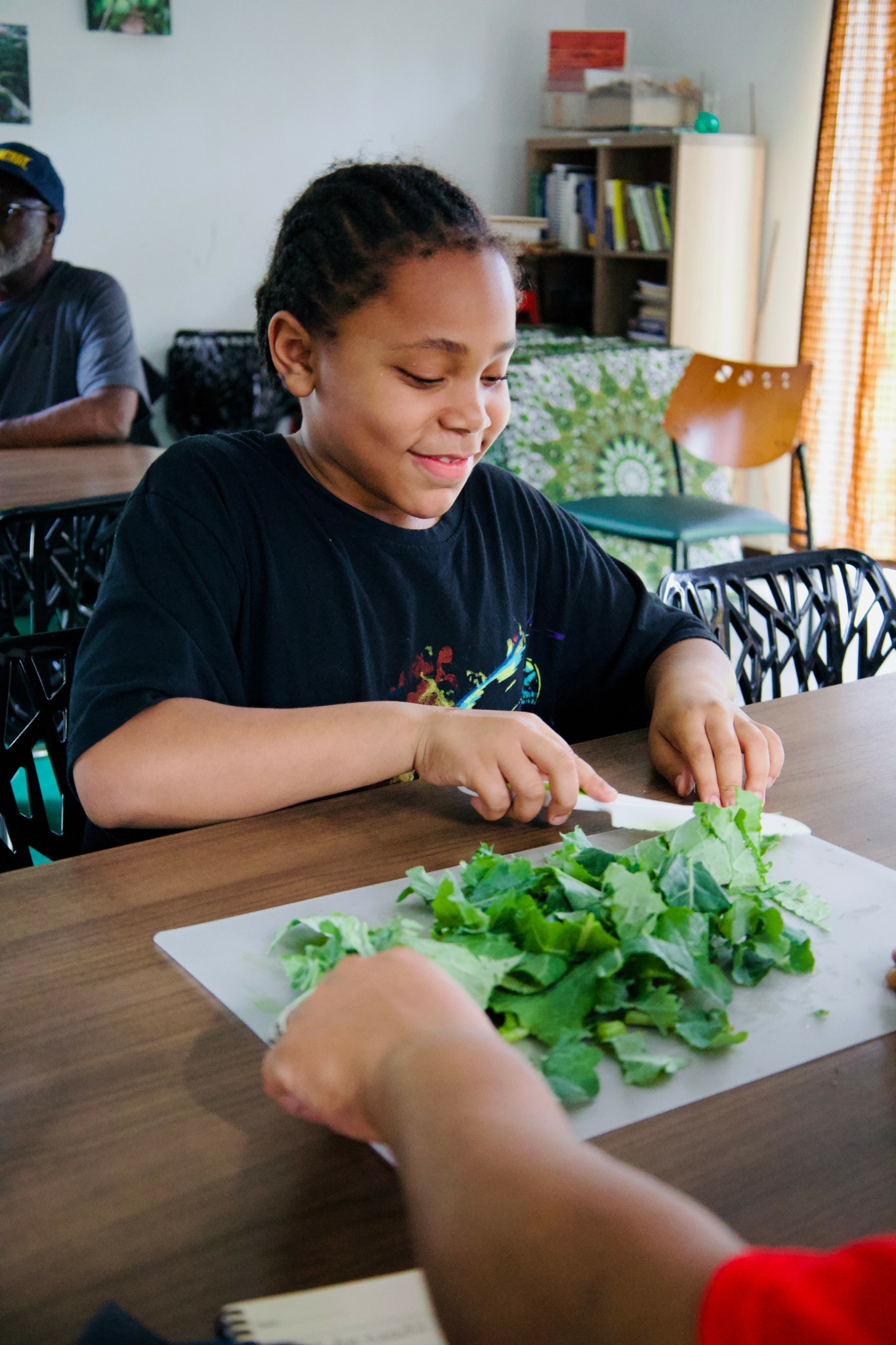
How’d you build such a strong reputation within your market?
What has helped me—and continues to help me—build my reputation in the nonprofit space is simply my heart to serve. Everything we do at Arukah is rooted in a genuine desire to see families heal, thrive, and break free from cycles of generational struggle and societal oppression. We’re not in this for recognition or accolades; we’re in it because we care deeply about the families and communities we serve.
Even before founding Arukah, I was always looking for ways to pour into others. That heart of service has built trust and credibility over time. I’m now seeing the fruit of those seeds—people who have watched my journey are stepping up to support the vision God gave me, and I don’t take that lightly.
I also believe deeply in collaboration. There’s more than enough opportunity and space in the nonprofit sector for all of us to make an impact. I don’t operate from a mindset of scarcity—I believe in helping others, opening doors, and creating space for people to rise. We are stronger when we support one another, and I want to see everyone win. That spirit of generosity and community is part of what has helped shape my reputation—and it’s a value I’ll continue to lead with.
Contact Info:
- Website: https://www.arukahrestores.org
- Instagram: https://www.instagram.com/arukah.restores/
- Facebook: https://www.facebook.com/profile.php?id=100082967644396
- Linkedin: https://www.linkedin.com/in/lmslade/
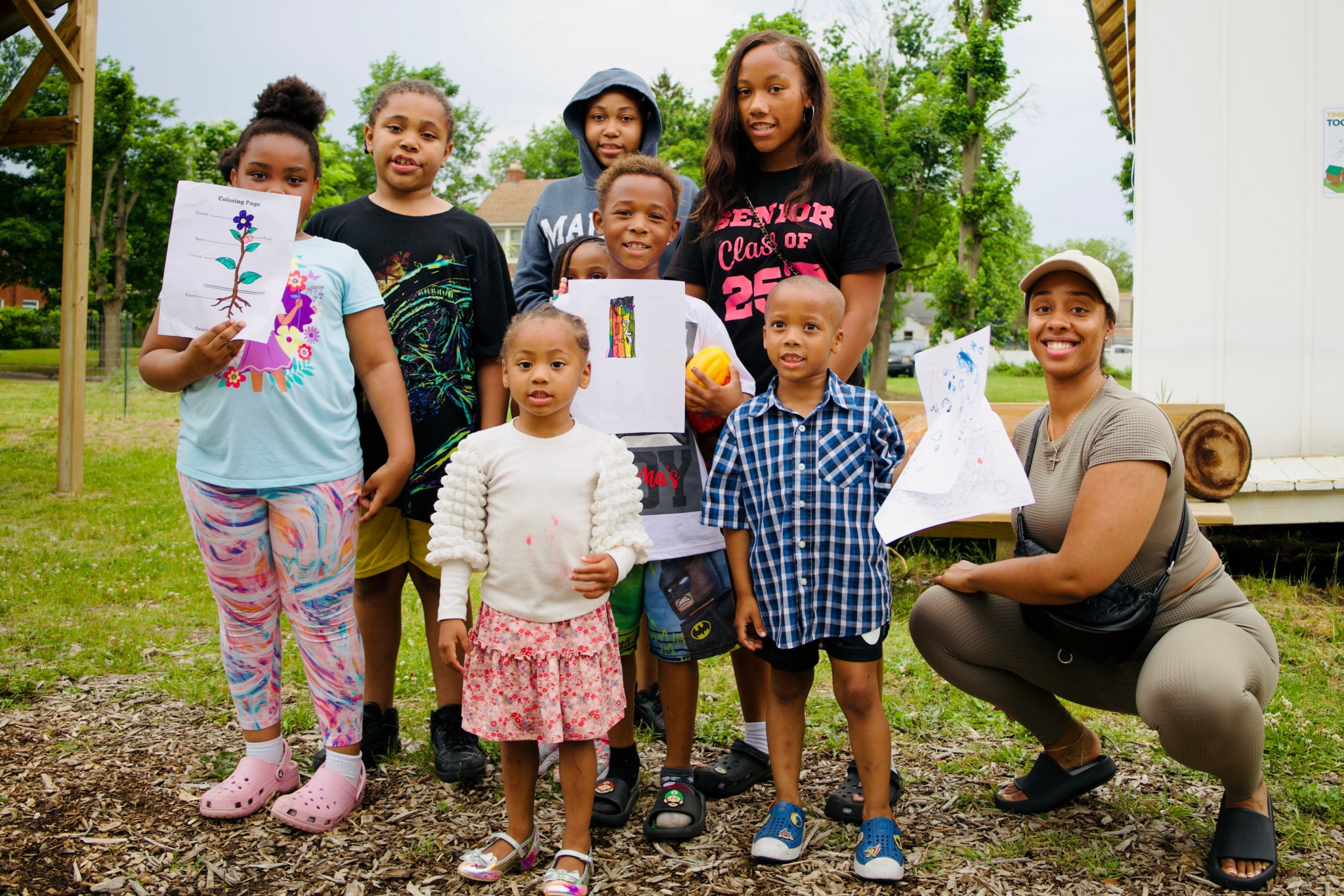
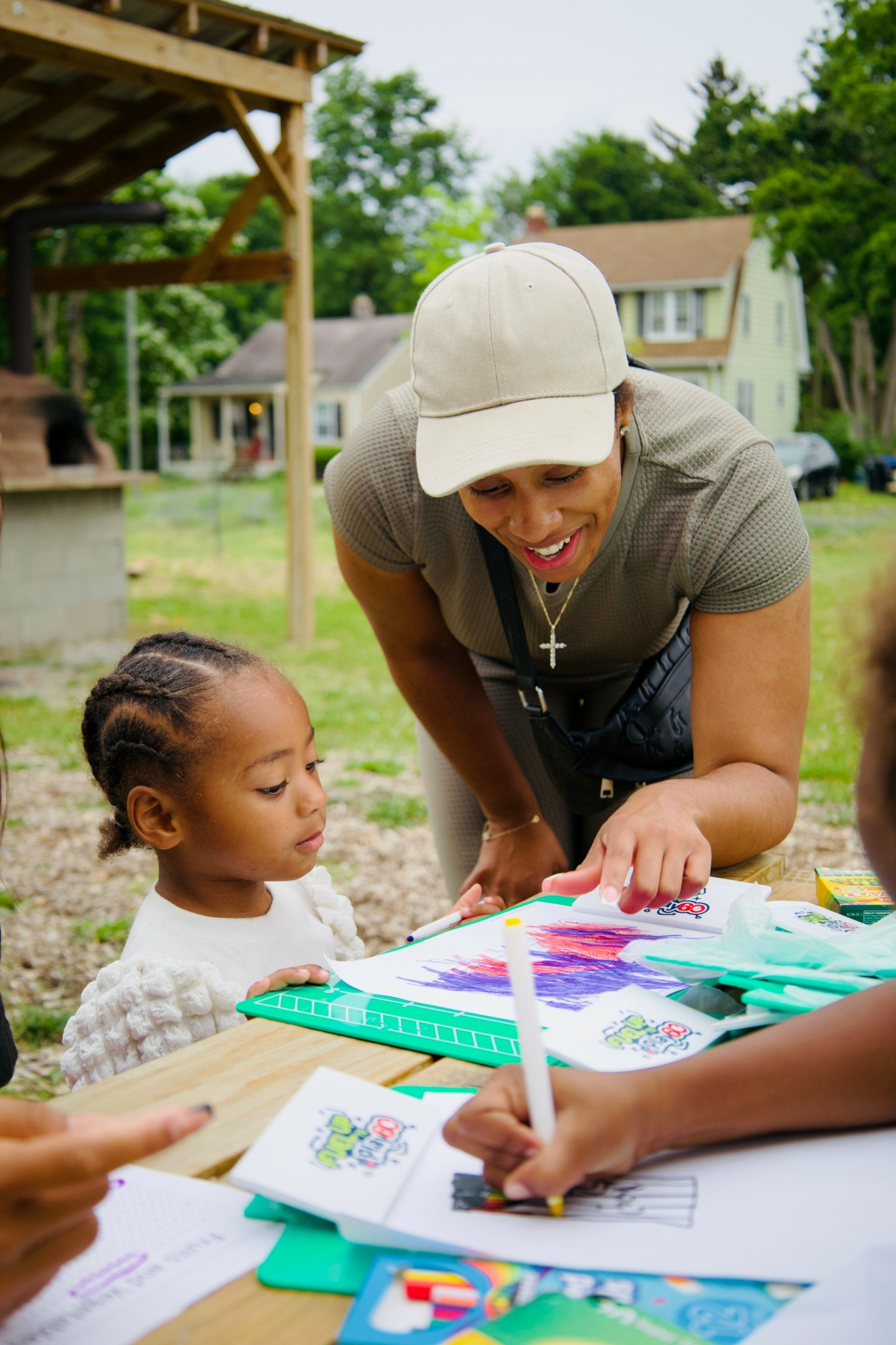
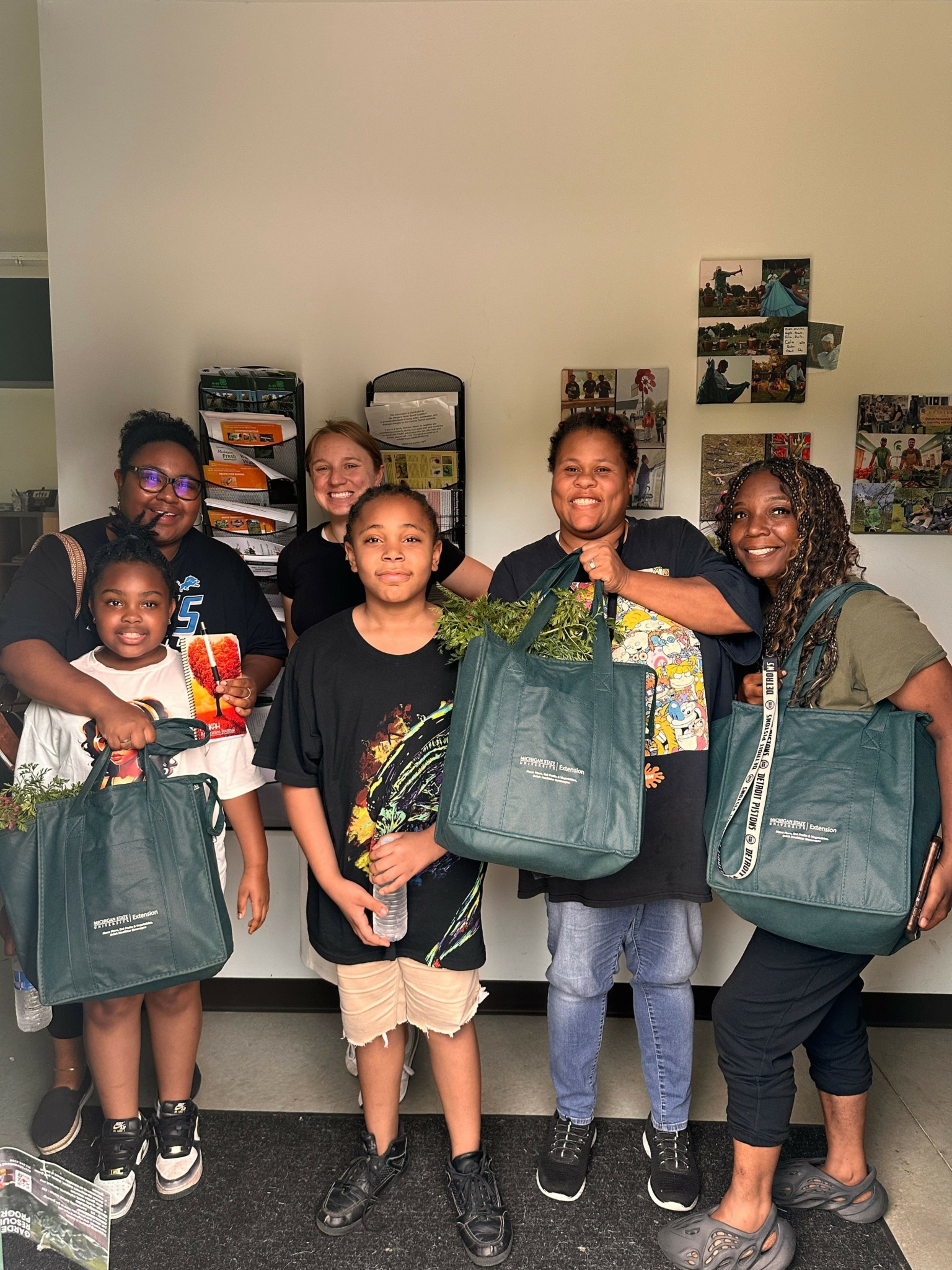
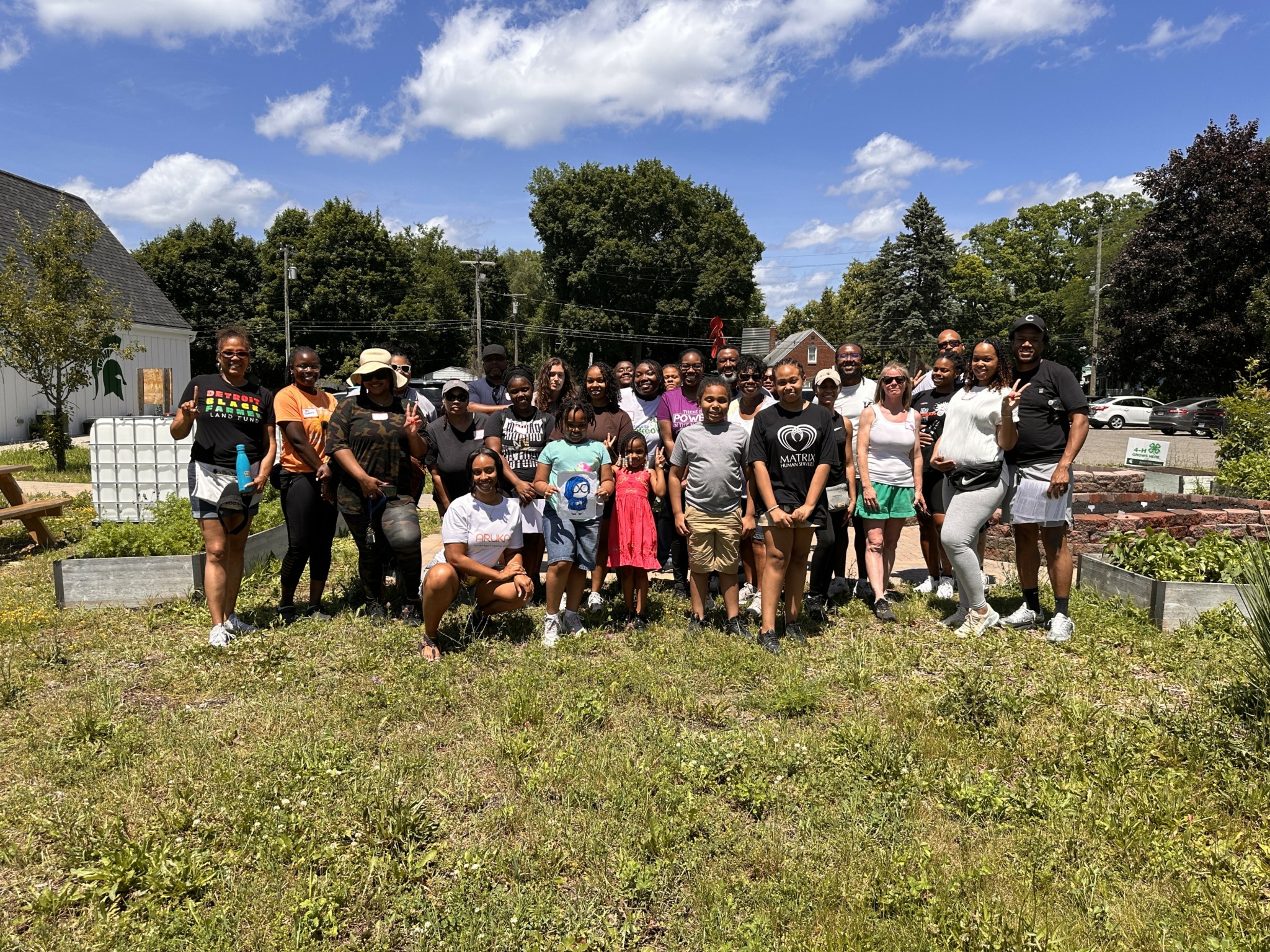
Image Credits
Logan Newman
Isaiah Green


